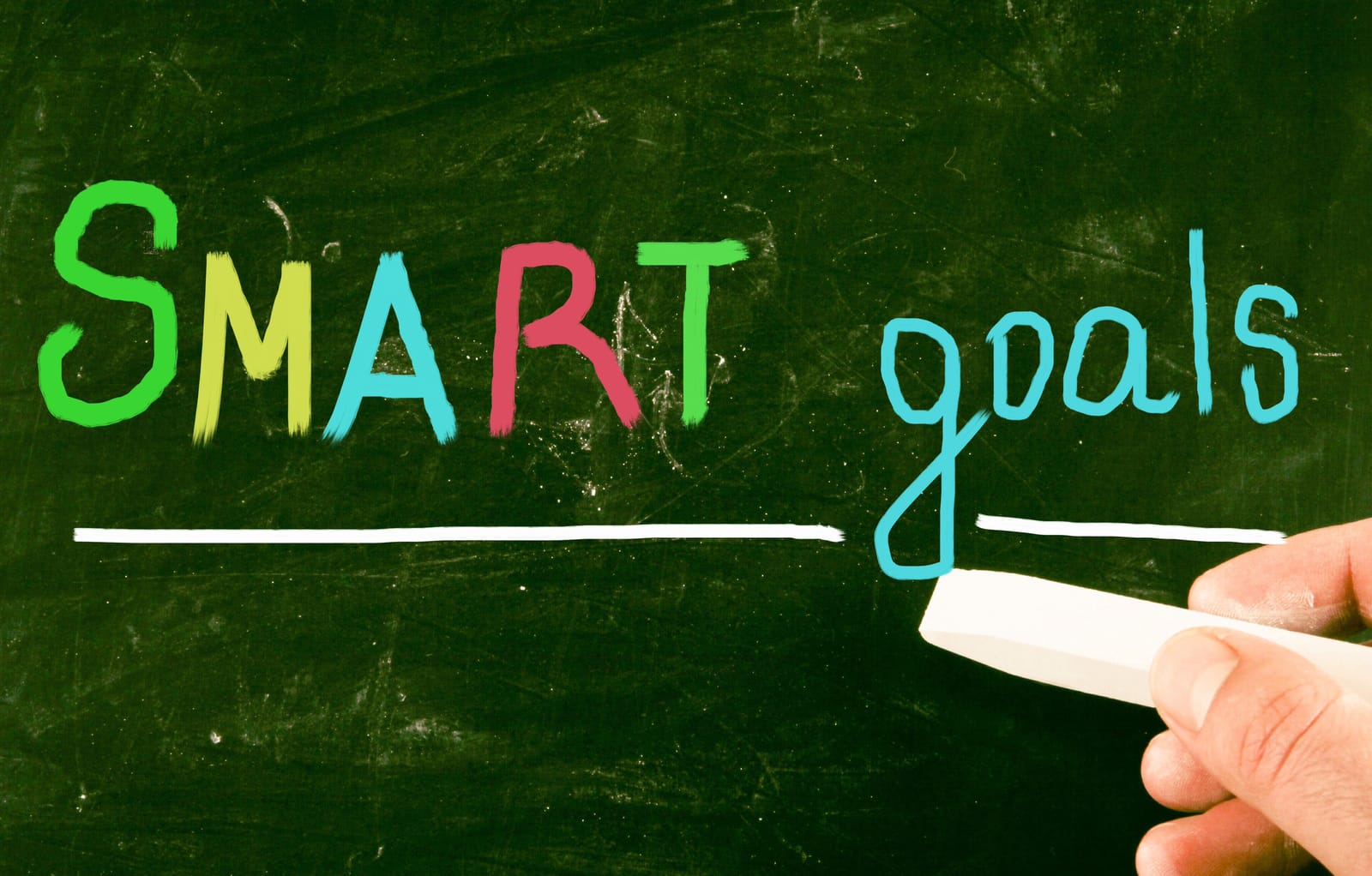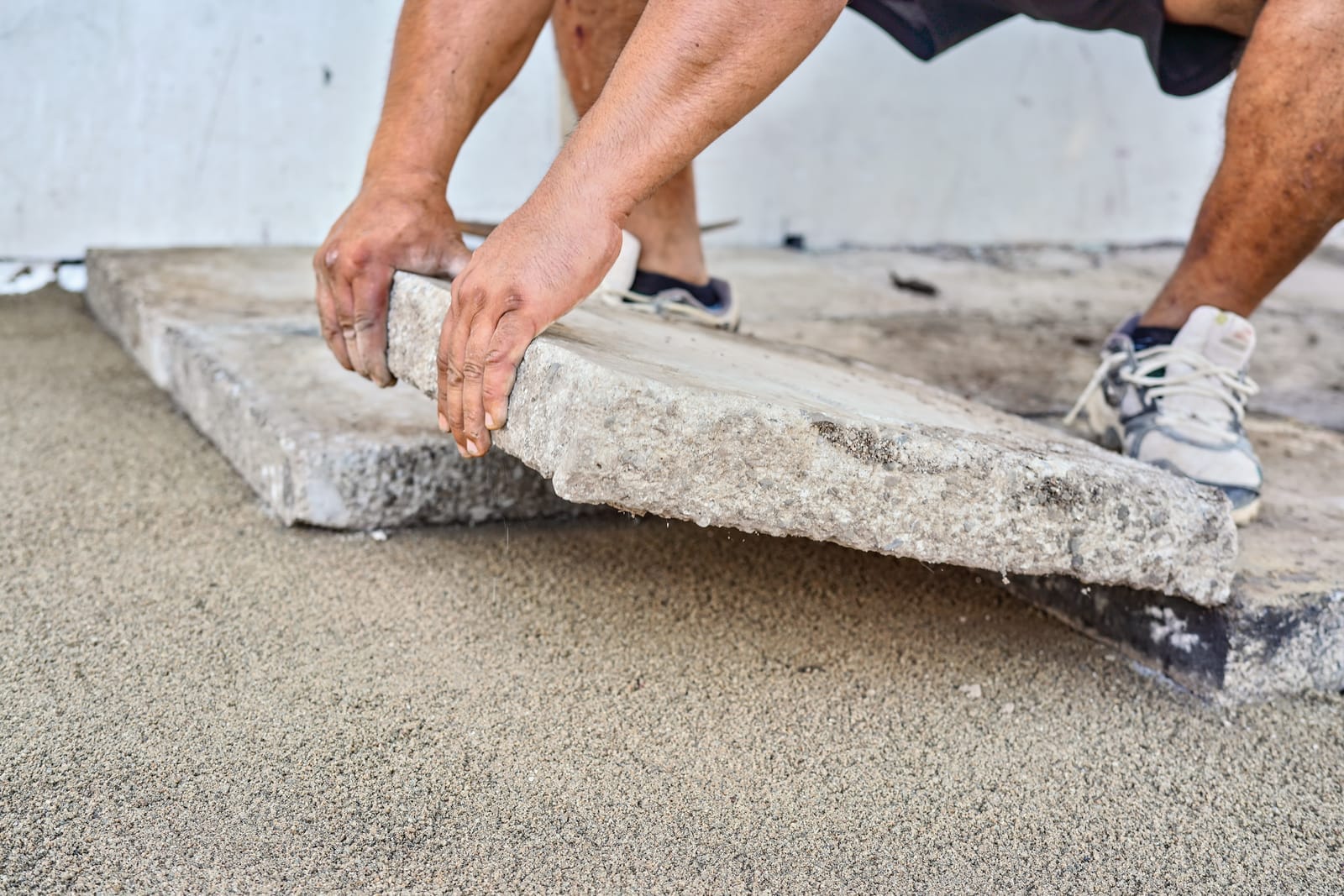How to Become Fluent in a Language: Your Comprehensive Guide to Fluency in Just a Year
• public
Becoming fluent in a language is a transformative journey that not only equips you with a new set of communication skills but also opens doors to understanding diverse cultures and expanding your cognitive abilities.
If you're wondering how you could become fluent in a new language within a year, this comprehensive guide will give you a roadmap that you can follow if you would like to experience the fastest way to learn a language.
Why Learn a New Language?
Before we delve into specific strategies for improving language fluency, let's first talk about the reasons you might have to learn a new language in the first place.

Unlock Business Opportunities
In our increasingly globalized world, the ability to speak and understand multiple languages has become a highly employable skill. Many cities have increasingly diverse populations, and in order to serve those populations adequately, companies must hire people that can speak more than one language.
Companies operating internationally also favor bilingual employees who can communicate well in another language, and foster profitable relationships around the globe.
Boost Cognitive Functions
Research suggests that learning a new language has the ability to sharpen your cognitive abilities. If you would like to enhance your memory, attention span, problem-solving, and multitasking skills; learning a new language for just fifteen minutes a day could have a profound impact on your cognitive abilities.
It has even been found to delay the onset of dementia and other age-related cognitive decline. So no matter what your fluency goals may be, just the process of learning a new language can be beneficial to you in the long run.

Enhance Social Life
Mastering a new language will allow you to engage with more people, and deepen your relationships with with those that might not speak the same language as you.
It will also open up more opportunities for cultural exploration, fostering a deeper understanding and appreciation for diverse cultures and lifestyles.
Enrich Travel Experience
Being proficient in a second, or even third language can make traveling much more comfortable and enjoyable. You can navigate through foreign countries more easily, interact with locals, and experience richer cultural experiences.

Understanding Fluency
Before starting your language learning journey, it's crucial to understand what fluency entails. When you think about becoming fluent in a language, you might dream about having perfect pronunciation, or experiencing complete understanding like you do in your mother tongue. However, language fluency is much more nuanced than most people think.
Fluency usually varies from person to person, and is closely tied to a learner's goals, wants, or needs. For example, someone learning Spanish to enjoy their vacation in Barcelona would have different language needs than someone aspiring to become a Spanish fiction writer.
It's important to sit down at the beginning of your language journey and define what fluency means to you. Most native speakers know tens of thousands of words, but you won't need that many word to communicate effectively in a different language. Most people can actually communicate well with only a few thousand words in their language arsenal.
Setting SMART Goals
Once you've defined what fluency means to you, the next step is to set SMART (Specific, Measurable, Attainable, Realistic, Time-bound) goals. These will be the guidelines that shape your learning process.
For instance, instead of a vague goal like "I want to learn Spanish because it's cool", create a more specific goal like, "I aim to learn 500 Spanish words ahead of an upcoming holiday in Barcelona so I can communicate with the locals about my most basic needs."
If you know 500 Spanish words; you should be able do things like order food, tell a taxi driver where to go, and ask for directions to the bathroom or a nearby tourist destination.
Getting to where you want to be linguistically is easier than you think. In fact, with a little hard work, most people can achieve their language goals in less than a year.

The Road to Fluency: A 12-Month Guide
Now that we've covered the basics, let's dive into the step-by-step guide on how to learn a new language effectively within a year.
Months 1 - 3: The Foundation Stage

It's Time to Improve your Basic Language Skills.
If you want to know the best way to learn a language, stop looking for shortcuts. They don't exist. There is no magic app or course that will have you speaking a new language fluently in 30 days.
In the beginning, you're going to have to do a lot of self-study. You are probably going to have to spend some time memorizing vocabulary words, grammar, or irregular verbs. There are apps that can help with this. But honestly, flashcards work just as well.
If you are learning a new language that is similar to your mother tongue, you probably won't have to spend that much time focusing on grammar at this point. But there is simply no way around learning vocabulary. Luckily, the words that you will use the most are the easiest to remember.
Be Okay with Making Mistakes.
Most people don't know this, but the trick to learning a new language is making plenty of mistakes. Don't be afraid. Making mistakes when you're learning a language is inevitable. Embrace it. After all, no one ever learned how to walk or ride a bike without falling down a few times.
Also, please don't let a lack of confidence keep you from moving past this initial stage. Most people give up before they've ever really begun. They'll memorize a few words, make a mistake or two, and just give up.
But learning a language isn't really that hard once you get past this first stage. And you'll only be in this stage for a short while. So just keep memorizing those words, and if you have a few extra dollars, you can a language learning app to help you out.
Months 4 - 6: The Language Building Stage

Get Comfortable with Your New Language
Congratulations! At this point, you're really stating to become fluent in a language. But it's not time to ease up on language practice yet. After all, consistency is the easiest way to learn a language quickly.
Devote at least one hour every day to reviewing grammar rules or learning new vocabulary. This regular practice will reinforce the connections formed in the brain between the new words you've learned and their meanings, improving your recall over time.
Don't forget - If you have large gaps of time where you are not exposed to your new language, you will forget what you have learned previously. And that can make learning a new language seem more difficult than it actually is.
Listening Practice Helps with Everything
Devote time for listening to your new language everyday. This could be through watching TV series, video content, films, or by listening to podcasts and music. Active listening helps you get used to the natural spoken pace of the language. It will also help with pronunciation, grammar, and vocabulary.

Read Extensively and then Read Some More
It doesn't matter what you decide to read. Reading books, magazines, online news articles, blogs, comic books, or literally anything else can help you learn a language more quickly. Even reading a McDonalds Menu can be really helpful.
Personally, I love to read children's books in a foreign language. The words, grammar, and sentence structures are really simple and easy to understand in children's books.
Plus - if you can comprehend language at the same level as a kindergarten student, most people would say that you're pretty fluent in whatever language you're trying to master.
When I start to read in a new language, I like to do it out-loud. That forces me to read, speak, and listen at the same time. If you'd like to know the best way to become fluent in a language, read one children's book out-loud everyday.
If you don't know what something means, look it up. Once you understand every thing in one book, move on to the next one. Eventually you're going to become fluent.
Consider Diving into Some Language Courses
Now is the time to consider language courses. Some people like to start with courses from the beginning, but for me joining a language course can feel really overwhelming.
I remember when I first started learning Korean, I joined a local language course. And the teacher was really good, but I just wasn't ready to be there. I made it through a couple of classes before it all ended in tears. And that experience kept me from trying to learn Korean for a very long time.
If I had done some self-study first, and waited until I was ready before I began taking a class. That class could have been really helpful for me.

Months 7 - 9: Enhancing Comprehension and Fluency
Consume Media in Target Language
Now is the time to really start consuming more media in your target language. This could involve watching films without subtitles, listening to radio programs, or following native speakers on social media platforms.

Practice Reading and Writing
Start reading short stories, novels, or newspapers in your target language. As you progress, move to more complex texts like novels or academic articles. This practice can significantly improve your grammar and vocabulary.
Engage in Language Exchanges
Find native speakers or language exchange communities where you can practice speaking. This not only enhances your speaking and listening skills, but it also provides a chance for you to use your new language skills in real life.

Months 10 - 12: Achieving Mastery
Speak the Language Everyday
At this stage, focus on speaking the language as much as possible. Whether it's through conversations with native speakers or practicing speech in your daily routine, active usage of the language is crucial for attaining fluency.

Create New Language Learning Goals
At the end of this journey, you'll probably be relatively fluent in your new language. But don't stop here. Create new goals for yourself based on your interests and goals.
Conclusion
Mastering a new language within a year might seem like a daunting task, but with the right strategies and consistent effort, it's entirely achievable. Remember, the journey of language learning is as rewarding as the destination. It's not merely about gaining a new skill but also about experiencing a new culture, meeting new people, and broadening your perspectives. So, embark on your language learning journey today and open up a world of opportunities!
